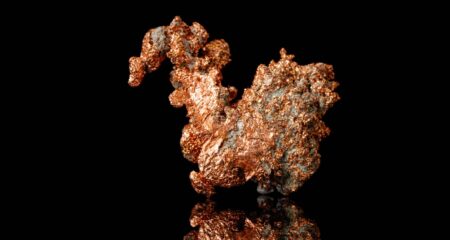
A succession of scandals implicating President Jacob Zuma are catching up with him, with calls for his removal spreading to his cabinet and the upper echelons of the ANC.
While a bid to oust Zuma at a meeting of the ANC’s 110-member national executive committee that ended on Monday failed, the fact that it was even considered by the party’s top leadership structure illustrates just how tenuous his grip on power has become. Further challenges to his authority are likely at future committee meetings and two party conferences scheduled for next year.
“The NEC has always been Zuma’s main constituency in the ANC,” Dirk Kotze, a politics professor at Unisa, said by phone on Tuesday. “Now, for the first time, he is being challenged there by his opponents. He is at his weakest point ever in the ANC.”
The executive committee has been instrumental in shielding Zuma, 74, from controversies that have blighted his political career, including a constitutional court ruling that he violated his oath of office by refusing to repay taxpayer money spent on his private home.
The rebellion in the committee followed a backlash against his leadership from millions of the ANC’s rank-and-file supporters who boycotted municipal elections in August, costing the party control of cities including Johannesburg and Pretoria.
With Zuma’s second term as ANC leader due to finish in December next year and his national presidency ending in 2019 after the maximum two terms, he’ll become increasingly vulnerable as his supporters switch allegiance before the national conference chooses a new head of the party, according to Mike Davies, the founder of political advisory company Kigoda Consulting.
“There is now a new level of intensity in the fight to remove him,” Davies said by phone from Cape Town. “While the base case is that he will stay on until the ANC’s elective conference, that’s a long time away in the current political environment.”
Telling the executive committee meeting that he wouldn’t resign, Zuma accused his critics of colluding with the opposition and denied he was responsible for the ANC’s poor electoral showing, according to a person who attended the gathering and spoke on condition of anonymity. His spokesman, Bongani Ngqulunga, referred queries to the ANC.
Zuma maintains the support of the party and remains its president, Gwede Mantashe, the ANC’s secretary-general, said at a press conference in Johannesburg. He confirmed that the executive committee had discussed a call for Zuma to step down and that it had rejected it after a “robust” debate.
The ANC has “identified a negative narrative directed toward the president”, Mantashe told reporters. “The NEC resolved it was more urgent to direct our energy as the ANC in working toward unity of the movement. ”
The rand slid as much as 2,5% against the dollar on Monday before ending the day 1,1% weaker, paring an almost 3% gain the day before. It fell 0,3% to R13,93/US$ as of 7.54am in Johannesburg on Wednesday.
Zuma’s travails extend beyond the ANC, which has governed South Africa since the end of white minority rule in 1994 and controls 62% of the seats in parliament.
He’s currently fighting a lawsuit filed by the main opposition Democratic Alliance to have 783 graft charges that were dropped in 2009 reinstated. He’s also contesting a directive from the nation’s former graft ombudsman that the chief justice appoint a judicial commission to investigate whether he allowed members of the Gupta family, who are his friends and in business with his son, to influence cabinet appointments and the awarding of state contracts.
While Zuma still commands significant support among ANC branches and his exit may be destabilising, the tide has turned decisively against him, according to Gary van Staden, an analyst at NKC African Economics in Paarl.
“Mr Zuma must know his days are numbered,” Van Staden said. — (c) 2016 Bloomberg LP




